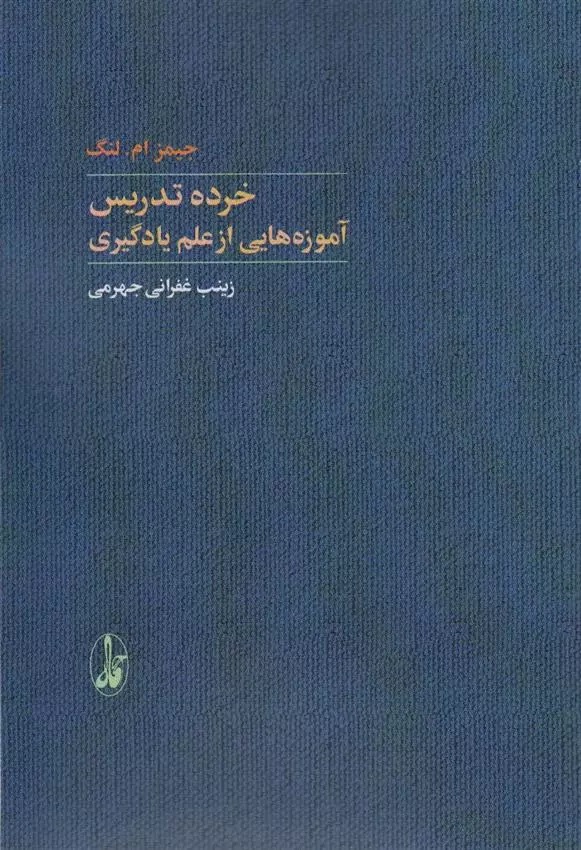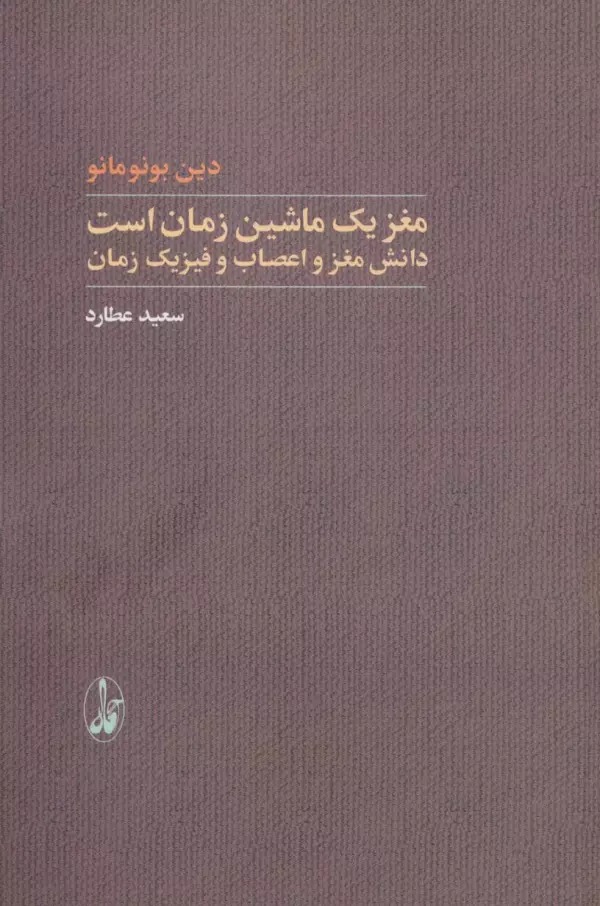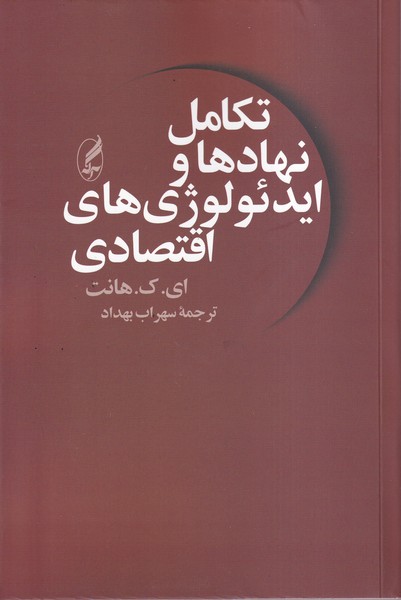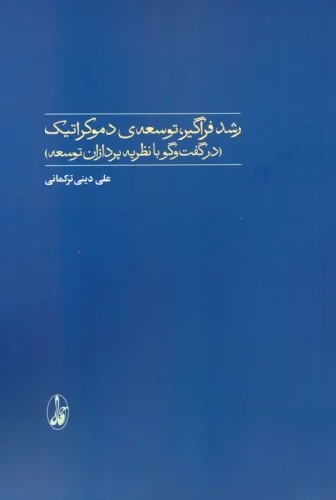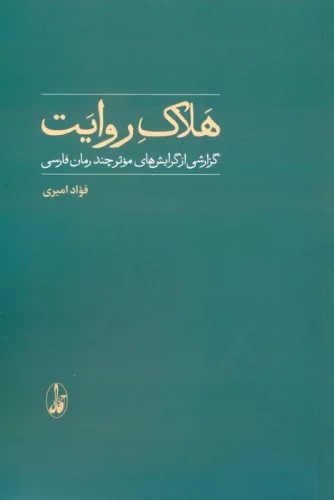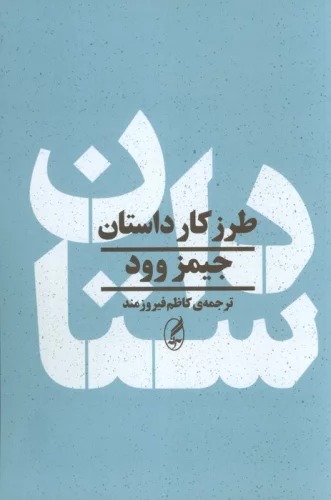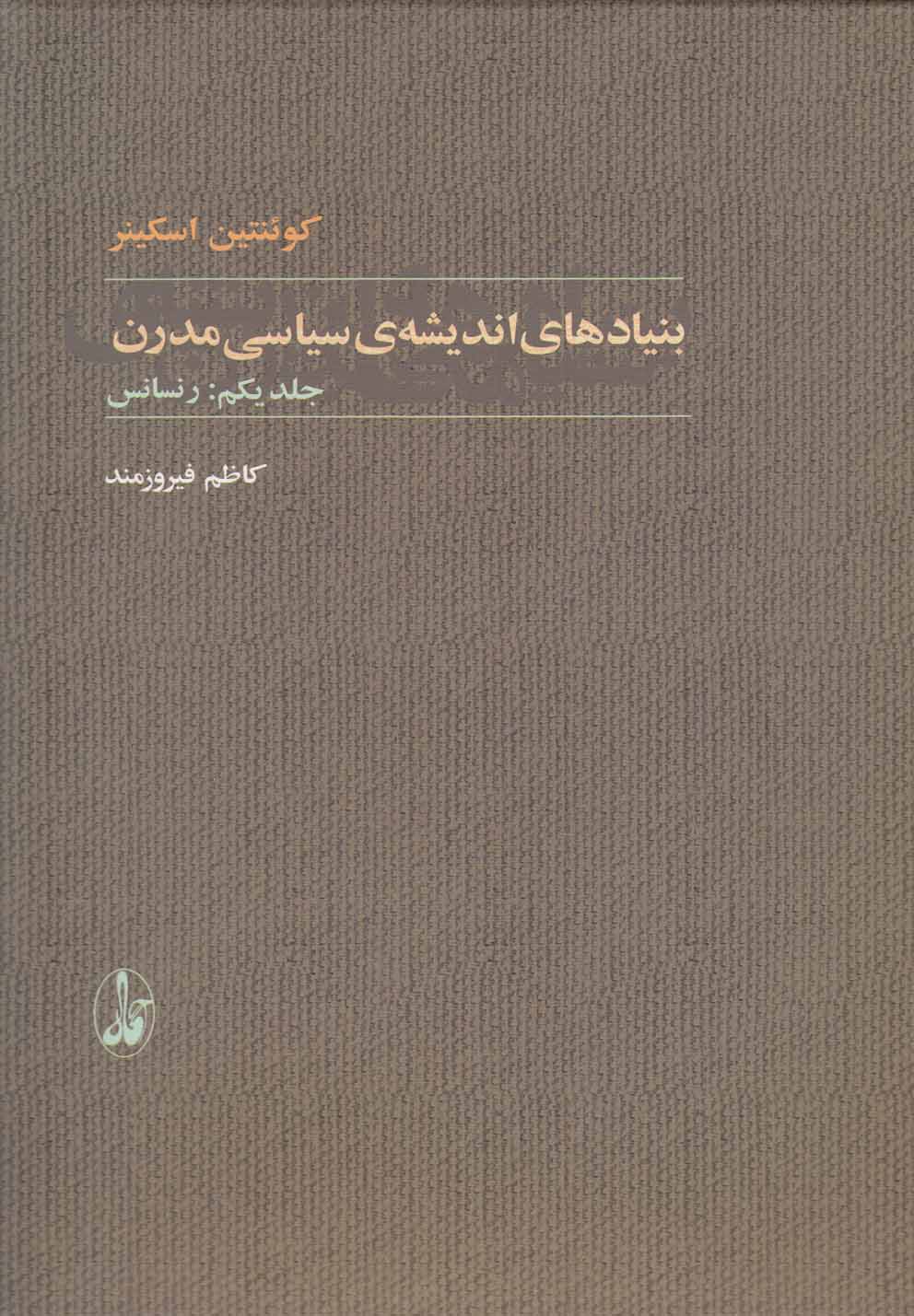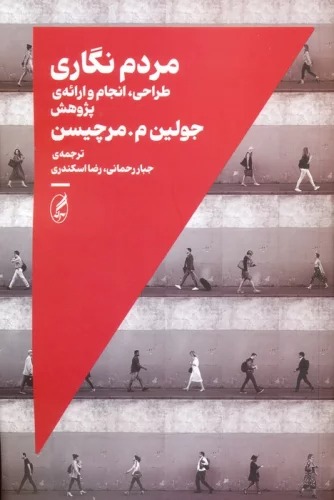Khurdah Tadrīs: Āmūzah'hā-yī az 'ilm-i Yādgīrī: Persian 1401
خرده تدریس: آموزه هایی از علم یادگیری
199 SEK
Share
Wishlist
Original Title:
Small Teaching: Everyday Lessons from the Science of Learning
ISBN:
9789644164569
Translator:
Zaynab Ghufrānī Jahrumī
Publisher:
Agah
Age Group:
Adult
Pages:
228
Weight:
220 g
Dimensions:
14 x 21 x 2.1 cm
Book Cover:
Paperback
Employ cognitive theory in the classroom every day Research into how we learn has opened the door for utilizing cognitive theory to facilitate better student learning. But that's easier said than done. Many books about cognitive theory introduce radical but impractical theories, failing to make the connection to the classroom. In "Small Teaching, " James Lang presents a strategy for improving student learning with a series of modest but powerful changes that make a big difference-many of which can be put into practice in a single class period. These strategies are designed to bridge the chasm between primary research and the classroom environment in a way that can be implemented by any faculty in any discipline, and even integrated into pre-existing teaching techniques. Learn, for example: How does one become good at retrieving knowledge from memory? How does making predictions now help us learn in the future? How do instructors instill fixed or growth mindsets in their students?
Each chapter introduces a basic concept in cognitive theory, explains when and how it should be employed, and provides firm examples of how the intervention has been or could be used in a variety of disciplines. Small teaching techniques include brief classroom or online learning activities, one-time interventions, and small modifications in course design or communication with students.
more
هر روز از نظریه شناختی در کلاس استفاده کنید
تحقیق در مورد نحوه یادگیری ما در را برای استفاده از نظریه شناختی برای تسهیل یادگیری بهتر دانش آموزان باز کرده است. اما گفتن این کار آسان تر از انجام آن است. بسیاری از کتابهای مربوط به نظریه شناختی، نظریههای رادیکال اما غیرعملی را معرفی میکنند و نمیتوانند با کلاس درس ارتباط برقرار کنند. در این کتاب جیمز لنگ یک استراتژی برای بهبود یادگیری دانشآموز با یک سری تغییرات متوسط اما قدرتمند ارائه میکند که تفاوت بزرگی ایجاد میکند – که بسیاری از آنها میتوانند در یک دوره کلاسی واحد عملی شوند. این استراتژیها برای پر کردن شکاف بین تحقیقات اولیه و محیط کلاس درس طراحی شدهاند، به گونهای که میتواند توسط هر دانشکده در هر رشتهای اجرا شود، و حتی در تکنیکهای تدریس از قبل موجود ادغام شود. به عنوان مثال یاد بگیرید:
چگونه یک فرد در بازیابی دانش از حافظه خوب می شود؟
اکنون پیشبینیسازی چگونه به ما در یادگیری در آینده کمک میکند؟
چگونه مربیان ذهنیت های ثابت یا رشدی را در دانش آموزان خود القا می کنند؟
هر فصل یک مفهوم اساسی در تئوری شناختی را معرفی میکند، توضیح میدهد که چه زمانی و چگونه باید به کار گرفته شود، و مثالهای محکمی از این که چگونه مداخله در رشتههای مختلف مورد استفاده قرار گرفته یا میتواند مورد استفاده قرار گیرد، ارائه میکند. تکنیکهای آموزشی کوچک شامل فعالیتهای آموزشی مختصر در کلاس یا آنلاین، مداخلات یکباره، و تغییرات کوچک در طراحی دوره یا ارتباط با دانشآموزان است.
more

